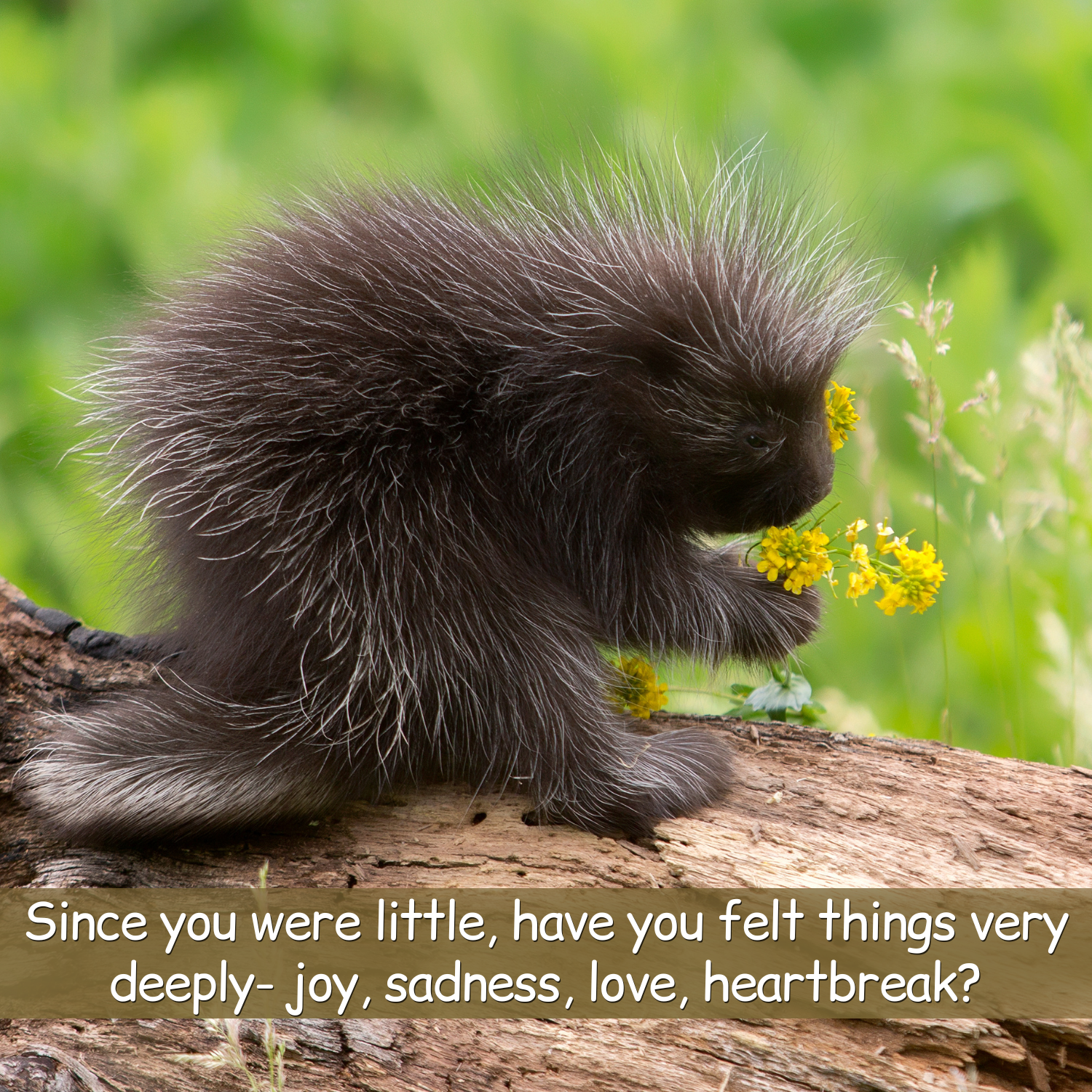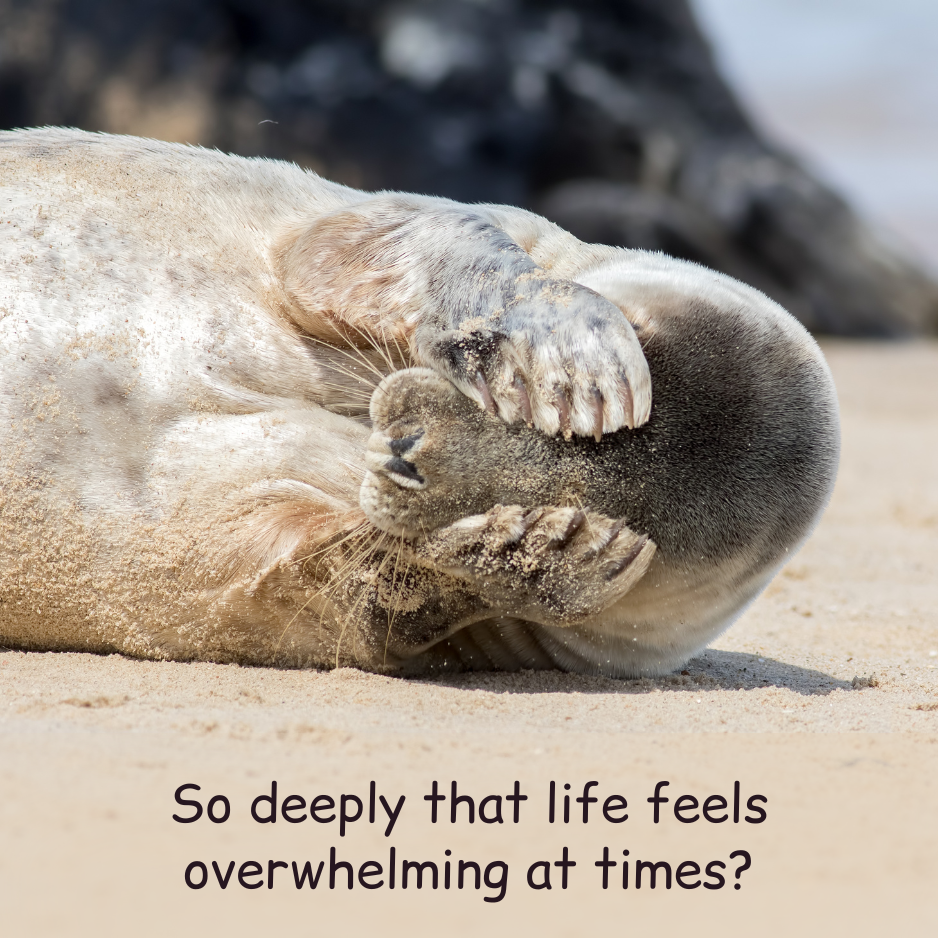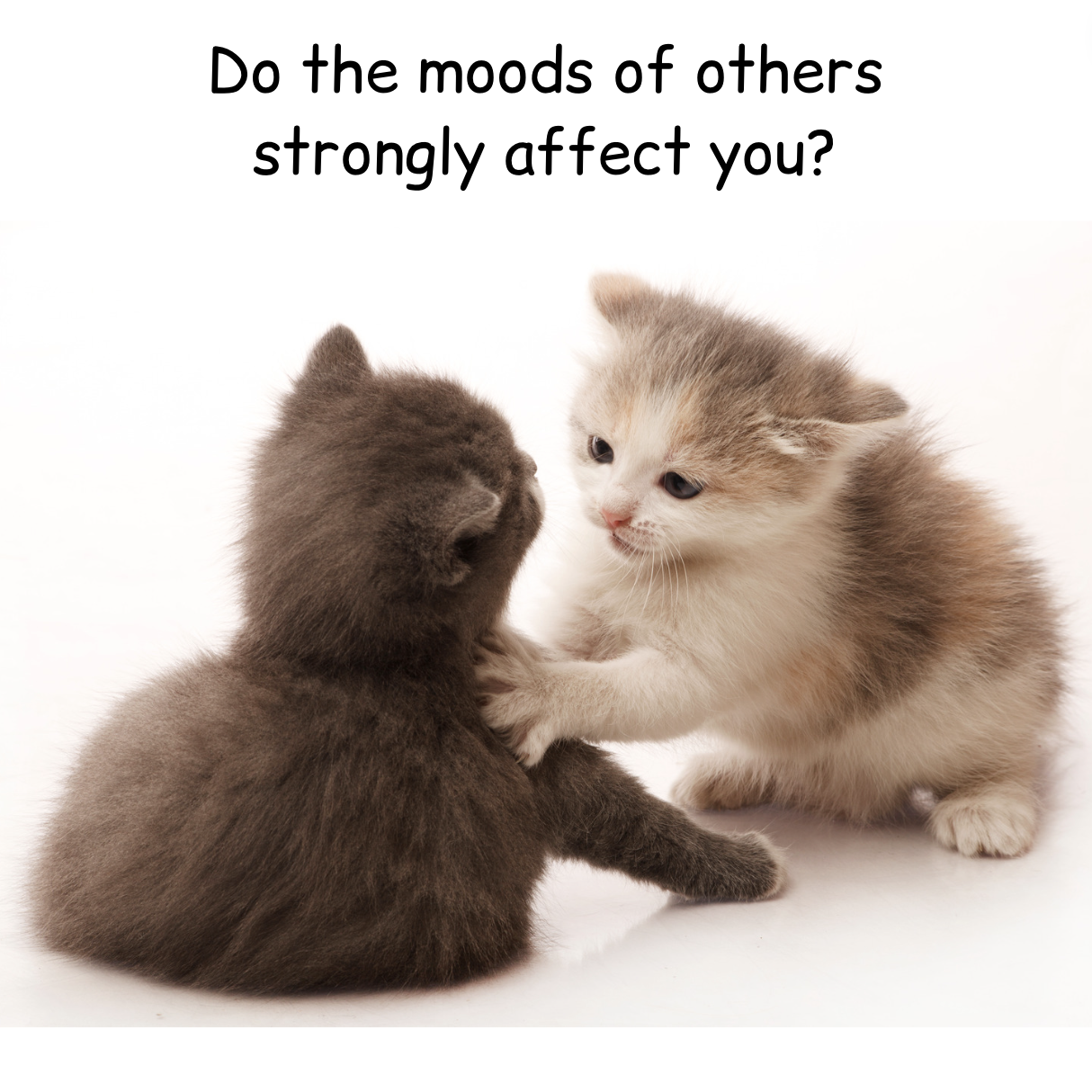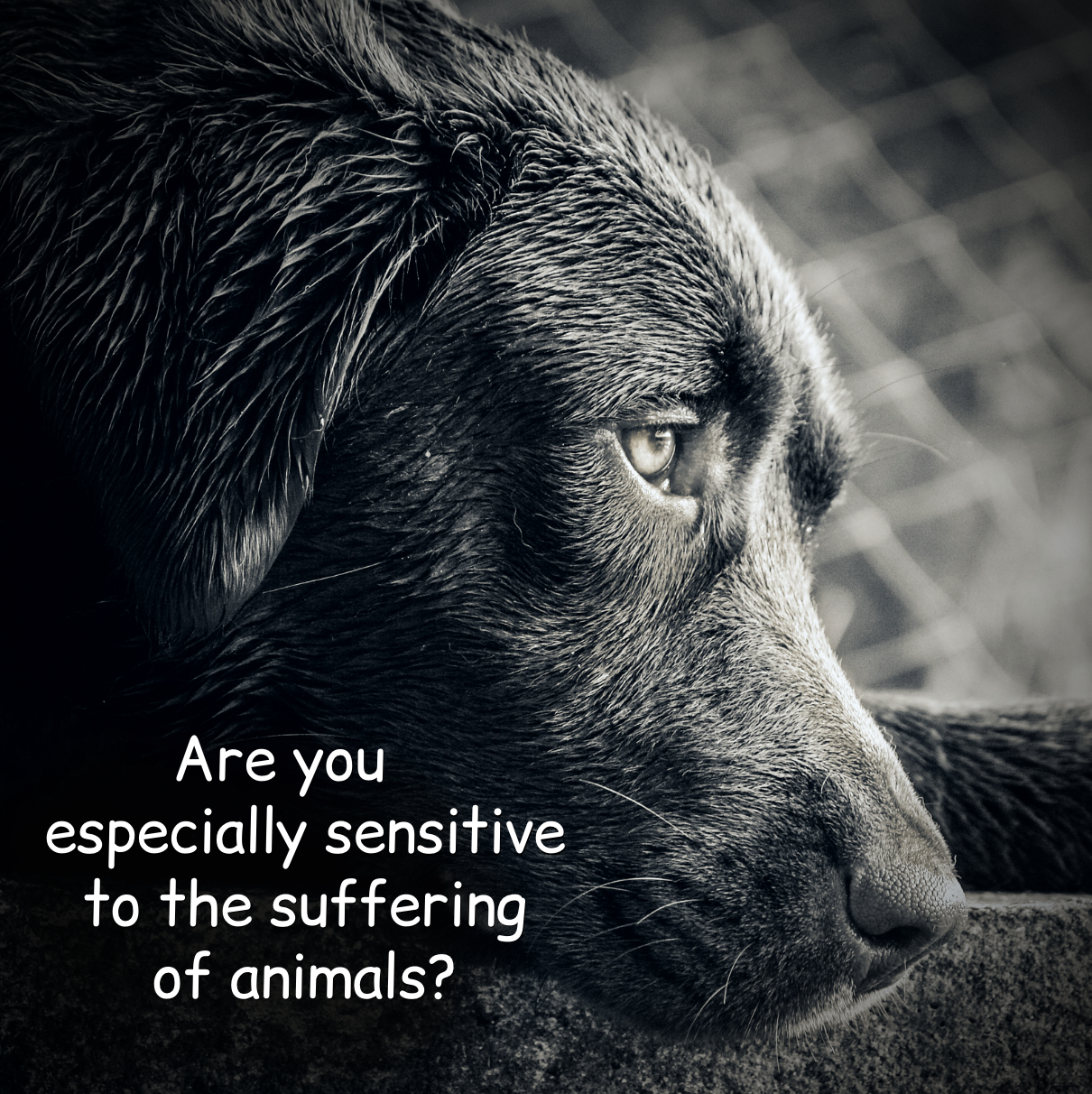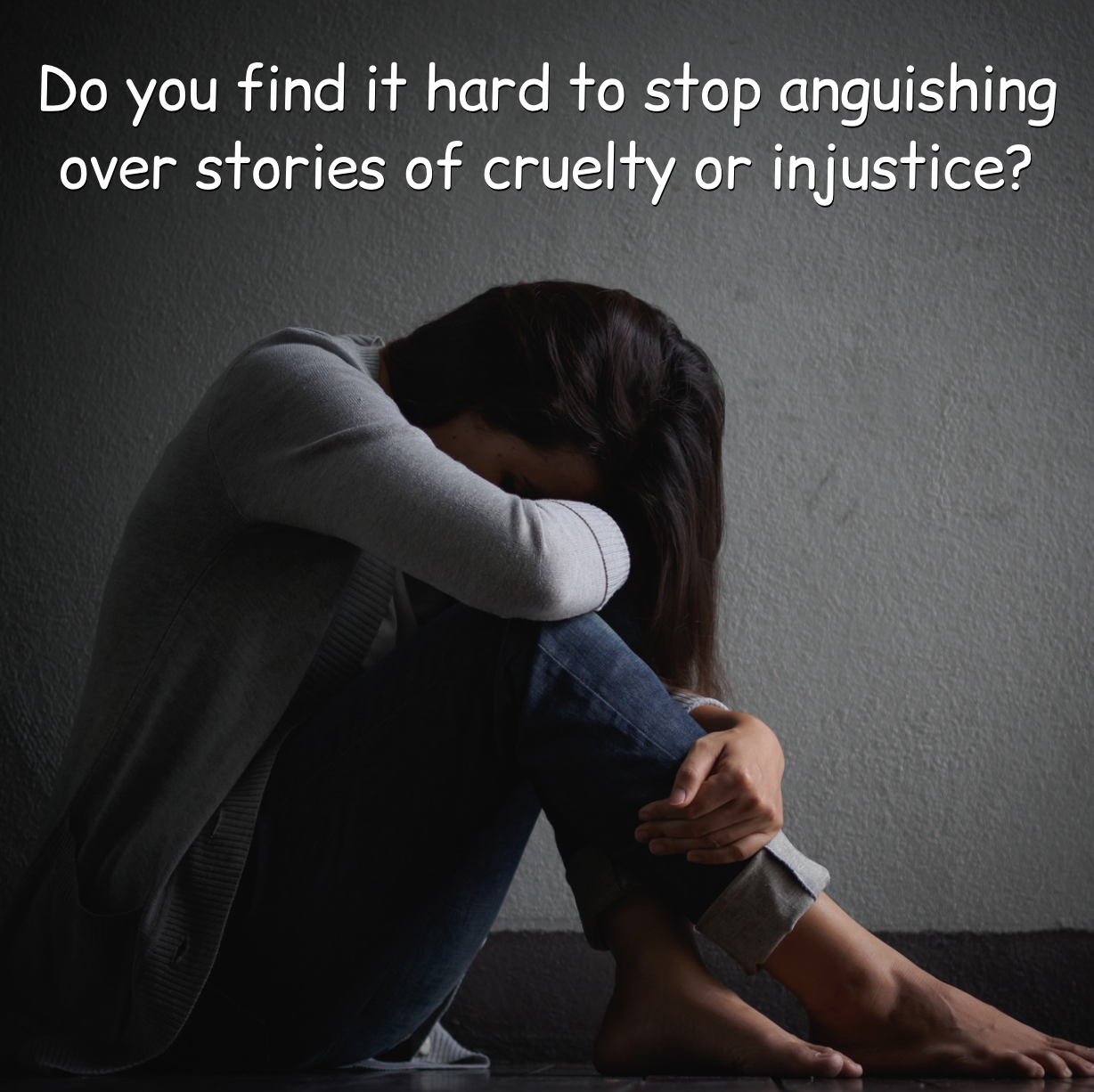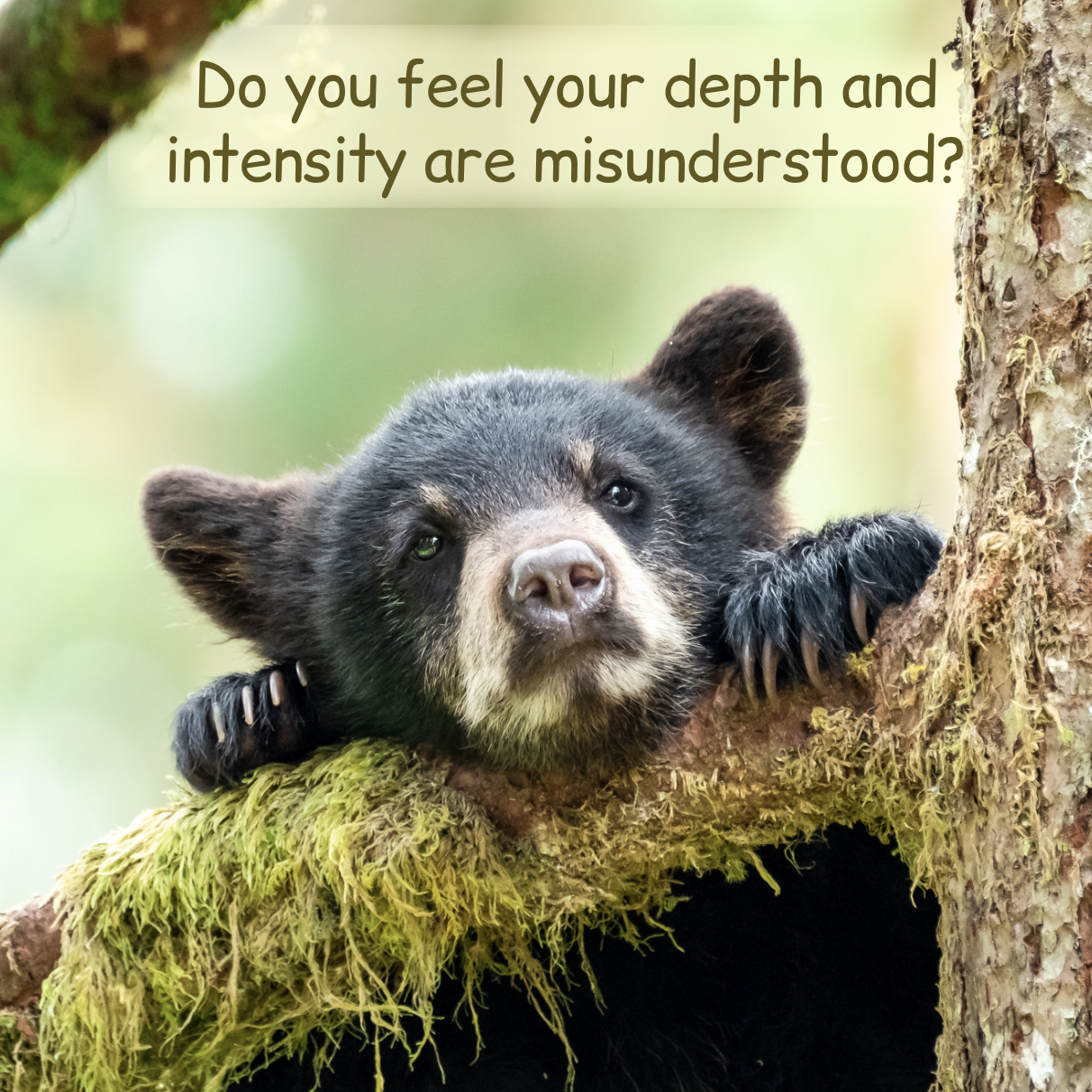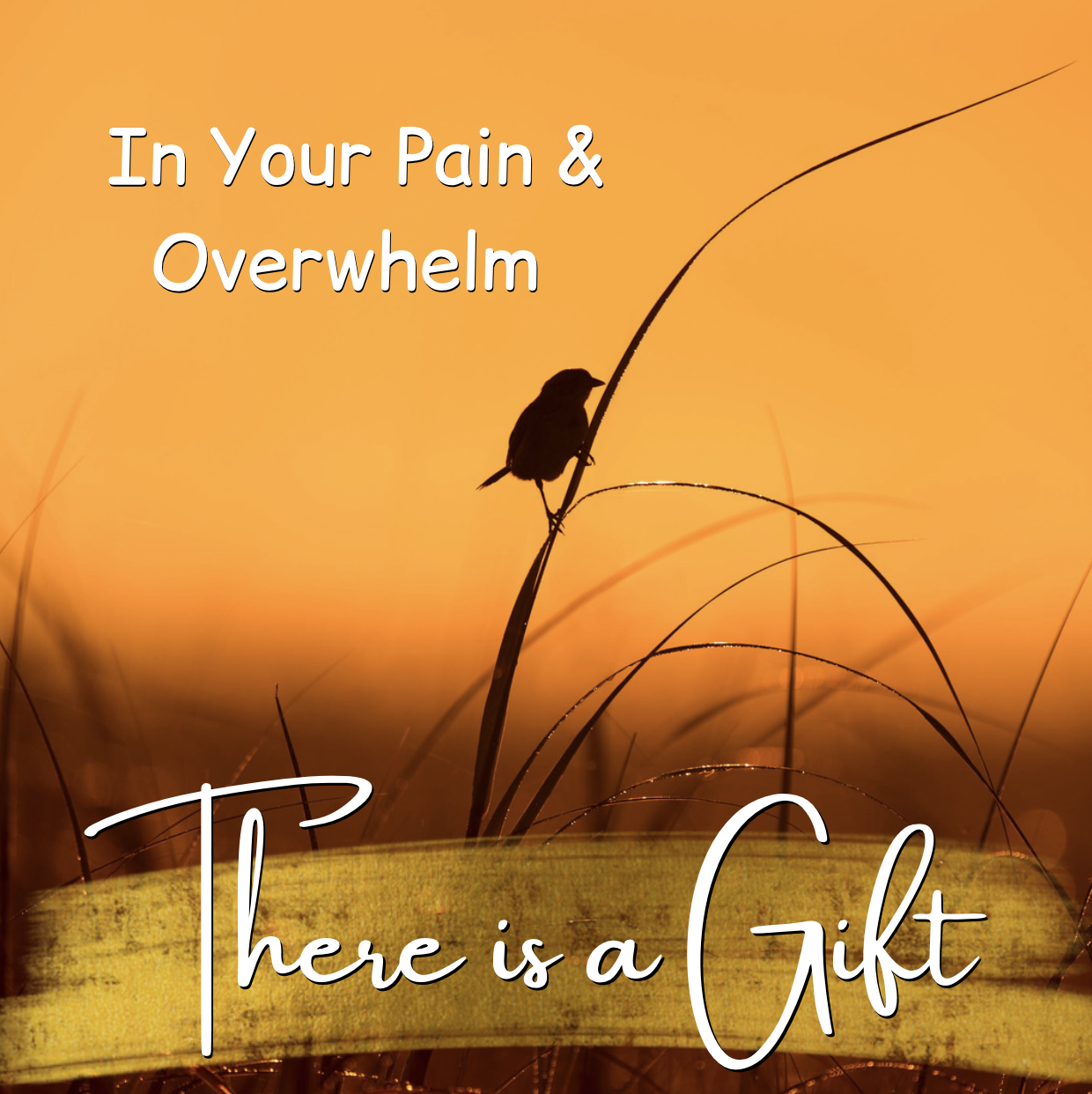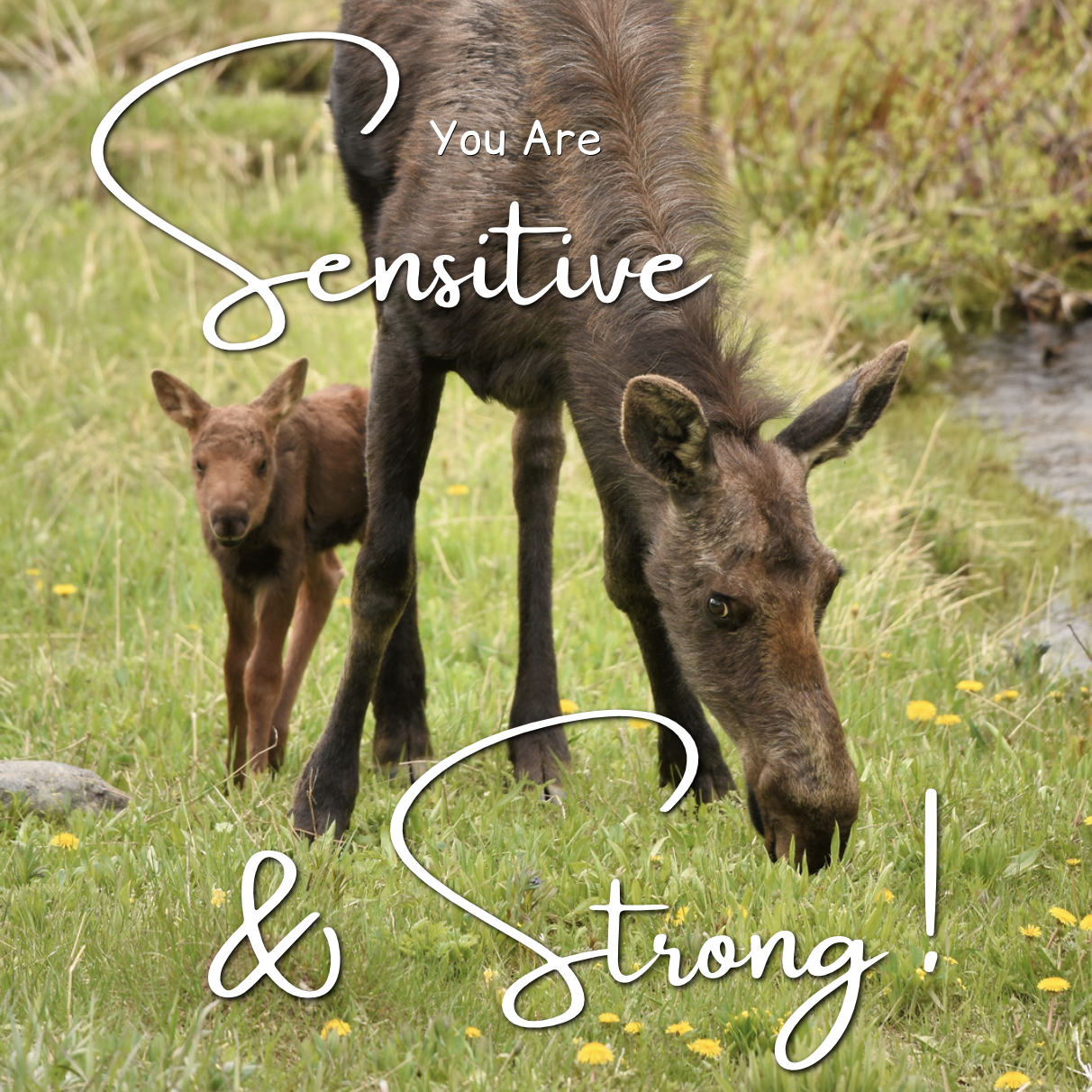Psychotherapy for Highly Sensitive Women
Hidden beneath your overwhelm and heartache…
There is STRENGTH & RESILIENCE!
These are difficult times for everyone- a never ending pandemic, the devastating war in Ukraine, a planet hurtling toward climate disaster,…
If you’re among the 15-20% of humans specially wired to perceive and process the world around you more deeply than others it can feel completely overwhelming.
The stress and exhaustion of experiencing everything so intensely takes a significant toll on mind, body and spirit when you don’t have the knowledge and skills to manage it.
Living with a chronically overwhelmed nervous system can profoundly impact your mental and physical health (see below).
The good news… It doesn’t have to be this way!
With an understanding of the trait of high sensitivity, you can develop skills and practices that will strengthen your resilience and help you thrive.
Are You a Highly Sensitive Person (HSP)?
Are you especially sensitive to your surroundings, what others are feeling, or upsetting stories on the news?
Do you sometimes feel so overwhelmed you need to withdraw from the outside world to unwind and recover?
Is cruelty, especially toward animals or children, deeply disturbing to you?
Do you feel your intensity is misunderstood, leading to a sense of loneliness or not belonging?
The Core Features of Being Highly Sensitive (DEEP)
Depth of Processing
You process things very deeply- sensory input, emotions, thoughts
You notice patterns and make connections that others miss
You’re introspective, and tend to be quite intuitive and insightful
You’re creative with a rich inner world and active imagination
You seek a sense of meaning and purpose in life
Profound Empathy
You naturally pick up on what others (people or animals) are feeling
You find unfairness, injustice and cruelty difficult to tolerate
Emotional Intensity
You feel things very deeply- joy, sadness, love, heartbreak,…
Your emotional reactions tend to be more intense than most
There’s a longing in your heart you can’t quite put your finger on
Highly Perceptive
You notice (with your senses) and understand subtleties that most don’t
Other Common Characteristics:
Deep love for Animals & Nature
Passionate about what matters most to you
If you resonate with much of the above you’re likely an HSP. Some of the points may not apply to you, and there’s no minimum “score” needed to do sessions with Dr. Hucal.
Despite what you’ve been told- You’re not “too sensitive”
It’s important to note that being highly sensitive is a biological trait, not a disorder.
It’s not the same as emotional “hypersensitivity” (typically from childhood trauma), although the two often co-exist. See below for more information on HSP’s and trauma.
Unfortunately, the trait of being highly sensitive doesn’t come with a label or user’s manual.
Without awareness or guidance, you’re left trying to live life like everyone else.
But unlike most people, your nervous system is wired to take in everything, and process it on a very deep level. Add emotional intensity and profound empathy- and it’s a setup for overwhelm!
The Biggest Challenge for HSP’s is OVERWHELM:
Sensory
Sensitivity to stimuli from one or more senses (e.g. bright lights, background noise, odours, etc.) or exposure to multiple stimuli can easily lead to overstimulation.
Empathy
Without good self-awareness and boundaries it’s easy to take on (absorb) the emotions of those around you, which can be confusing and exhausting.
Your deep empathy can lead to significant emotional distress in response to cruelty and suffering.
Compassion fatigue and vicarious trauma can result from repetitive exposure to the suffering of others
Emotional
When you’re overwhelmed thinking takes a backseat to emotions, which can lead to more drama in your life than is optimal
Without the ability to ground yourself and manage the intensity of your emotions, it’s easy to become distraught over upsetting stories or events.
Cognitive
Without careful tending to your thoughts, it’s easy to get caught in a spiral of overthinking and rumination that can lead to overwhelm and despair.
Chronic overwhelm can impact cognitive functioning, leading to brain fog, poor memory and focus, etc.
Chronic overwhelm can result in:
Exhaustion: mental, physical, emotional, spiritual
Chronic Stress: impairs immune function, leading to chronic inflammation
Mental health: chronic worrying, feelings of isolation or loneliness, despair, depression, anxiety, numbing out, addiction, compassion/empathy fatigue, vicarious trauma
Physical health: stress-related disorders (headache, muscle tension, gastrointestinal,…), worsening of chronic illness (immune disorders, cancer, chronic fatigue,…)
HSP’s and Grief
Companion Animal Loss can be especially painful for HSP’s. For many it’s equivalent to losing a family member or best friend. Despite this, there tends to be little empathy or support in our society for those who’ve lost a beloved animal.
Grief for Animals & the Earth: Profound empathy can lead to a deep sense of grief over how animals and our planet are treated, which can easily spiral into feelings of despair.
HSP’s and Trauma:
The trait of being highly sensitive increases the risk of early childhood adversity exceeding the ability of the nervous system to cope. If this happens repetitively it can have a pervasive impact on your sense of self, and how you perceive and interact with the world around you. This is referred to as developmental trauma, and is quite common in HSP’s who struggle with nervous system overwhelm as adults.
Studies have shown a significant link between Adverse Childhood Experiences (ACEs) and the development of chronic disease, as well as social and emotional challenges in adulthood.
In our work together we’ll combine a variety of trauma-informed approaches and practices to best meet your needs on the path to resilience.
Animal Empathy Overwhelm
Many HSP’s feel deep love and empathy for animals. You may even feel a deeper connection with animals than most people.
It’s not uncommon to find mistreatment and suffering of animals especially distressing. “Animal empathy overwhelm” occurs when this starts to impact your emotional health and wellbeing.
The good news is there’s hope! By learning about your trait, and developing greater emotional resilience, you can bring the gifts of your sensitivity to the world AND THRIVE.
Approach:
At this time, I’m offering online psychotherapy for highly sensitive women who are Alberta residents.
My approach focuses on helping you fully understand and embrace the trait of being highly sensitive, so you can embrace the fullness of who you are and thrive.
We’ll put together a program designed to meet your specific needs.
Core elements may include:
Understanding the HSP trait
Developmental trauma & HSP’s
Handling empathic distress and overwhelm
Self-care and compassion
Grounding practices, mindfulness
Connecting with the wisdom of your body
Emotional intelligence & resilience
Honouring loss and grief
Companion Animal Loss
Living in alignment with your core values
Healing through deep mutual relationship with animals & Nature
Tapping into the gifts of sensitivity & finding your way of bringing them to the world
Emotional resilience for animal healthcare providers, caregivers, rescuers, and advocates
This program is NOT suited for the following:
Severe mental illness
Struggling with daily functioning
Suicidal (or self-harm) within past 3 months
Active addiction within 6 months
Borderline Personality Disorder
Psychotic disorders


